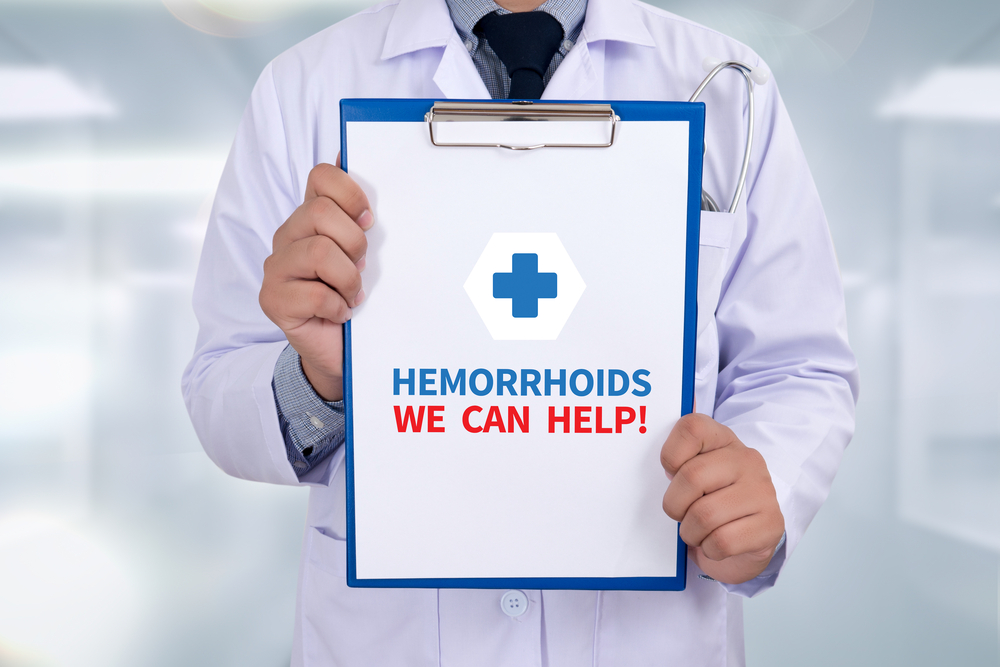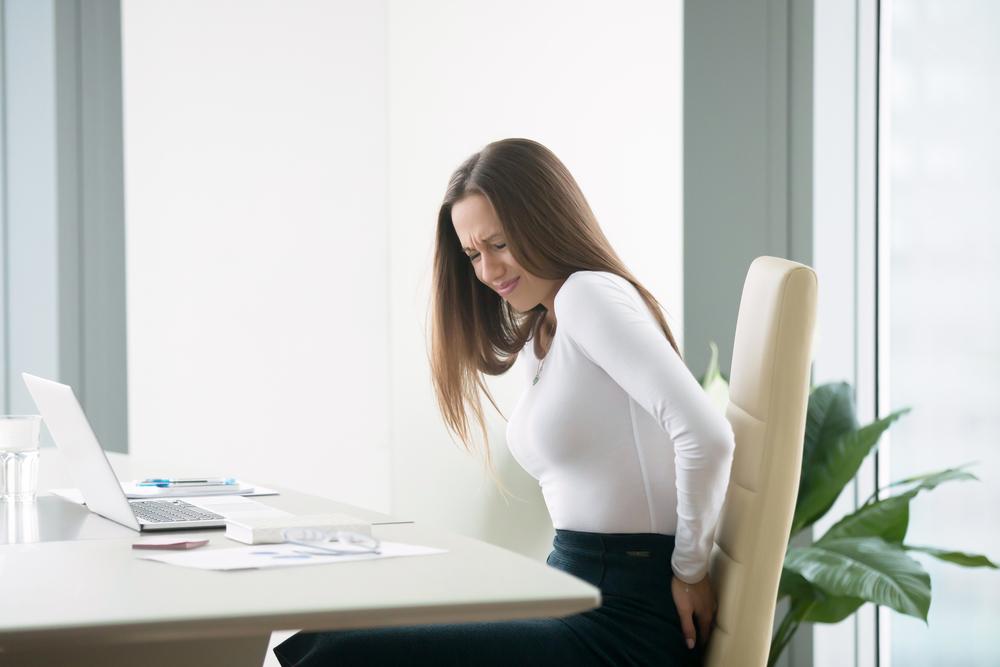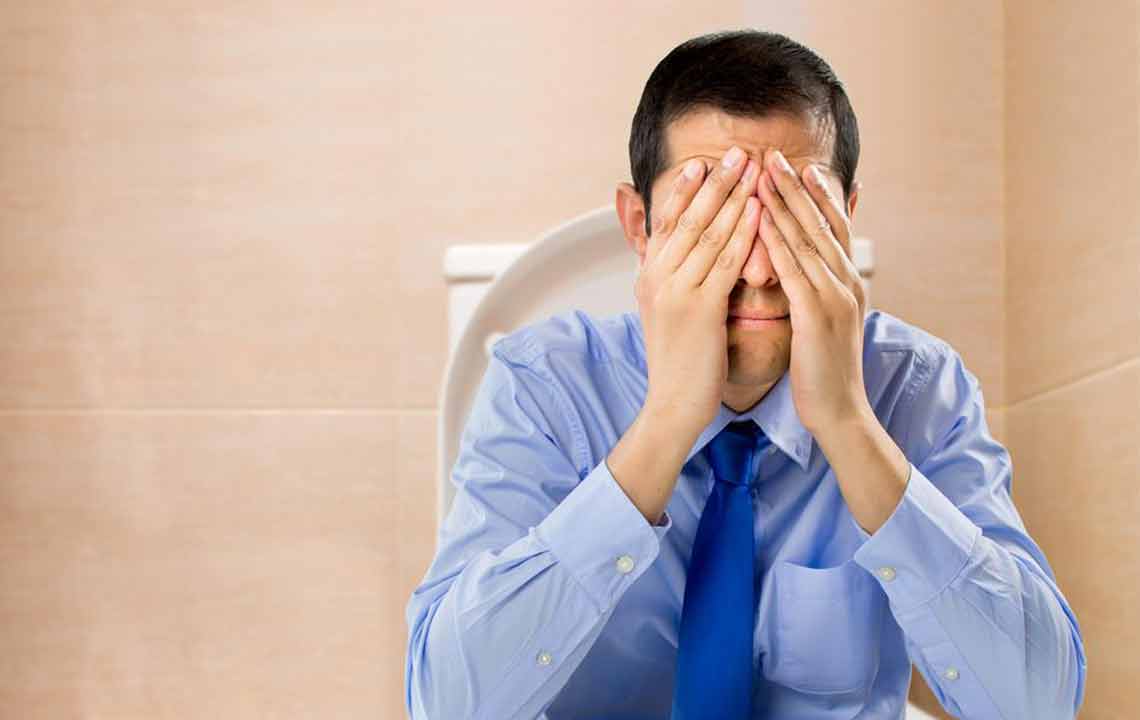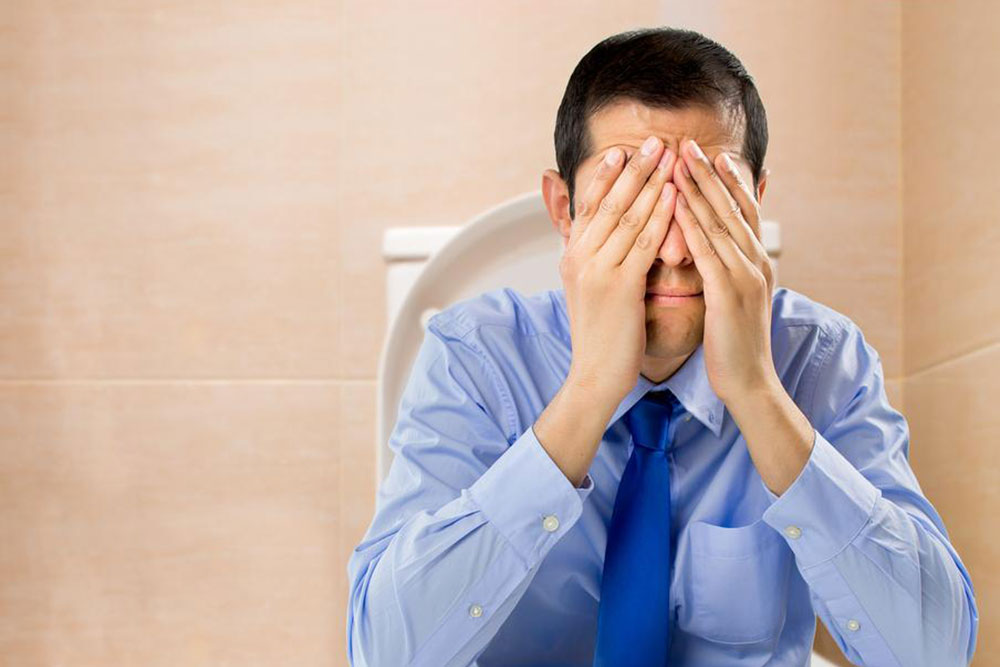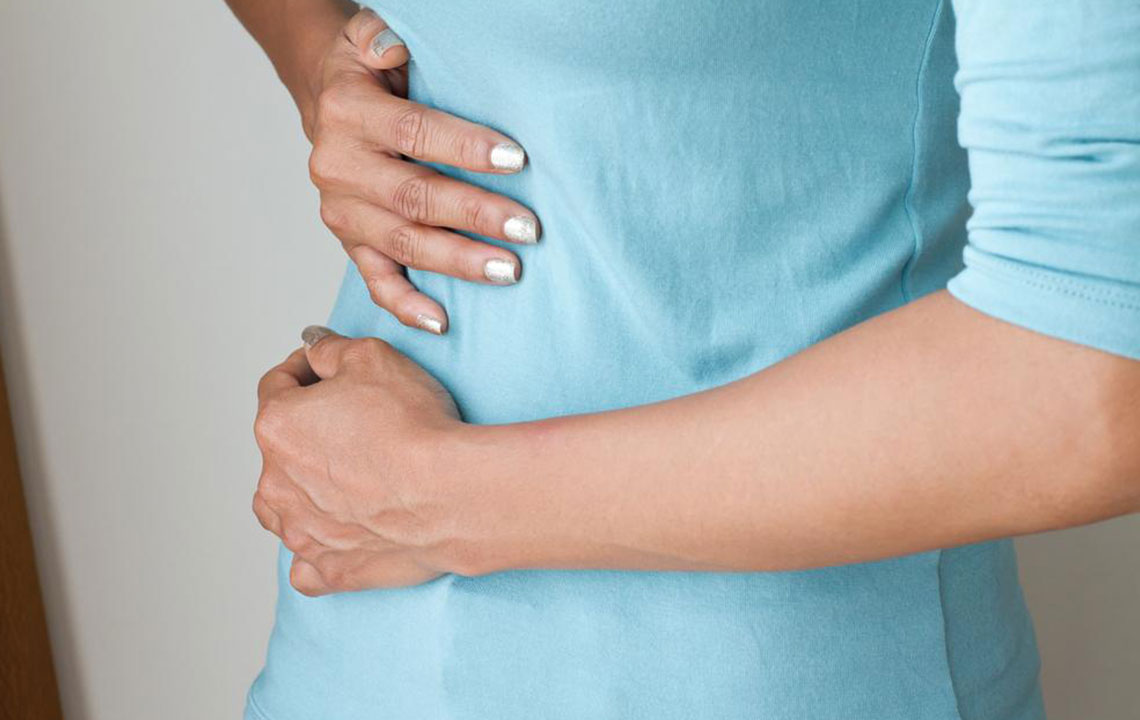Understanding Hemorrhoids: Causes, Symptoms, and Treatment Options
Hemorrhoids are swollen veins in the rectal area caused by factors like age, constipation, pregnancy, and lifestyle habits. Symptoms include pain, bleeding, and swelling. Treatments range from home remedies to medical procedures like band ligation and surgery. Preventive measures include dietary changes, hygiene, and avoiding excessive straining. Early diagnosis and professional advice are crucial to avoid complications. Understanding the causes and options helps manage this common condition effectively, ensuring relief and preventing further issues.
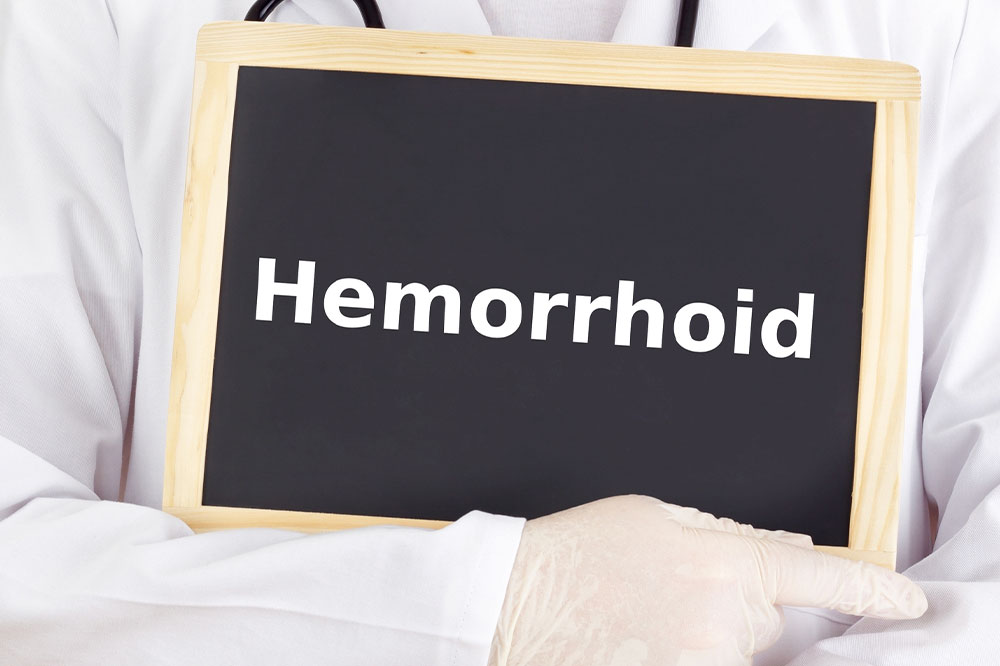
Understanding Hemorrhoids: Causes, Symptoms, and Treatment Options
Hemorrhoids, often called piles, involve swollen or enlarged veins in the lower rectal area. The walls surrounding these organs contain numerous blood vessels; when these vessels stretch or swell, it leads to discomfort and pain. Thankfully, hemorrhoids are manageable through simple treatments like topical ointments, suppositories, and non-invasive procedures if addressed promptly.
What leads to hemorrhoids?
Age: Typically, people between 40 and 65 are affected, but younger individuals are also at risk.
Constipation: Chronic constipation causes excessive pressure on rectal veins, promoting hemorrhoid formation.
Pregnancy: An enlarging uterus exerts pressure on abdominal veins, leading to hemorrhoids; eating fiber-rich foods can help.
Heavy Lifting: Lifting weights improperly can cause vein enlargement around the rectum.
Obesity: Excess weight increases the likelihood of developing hemorrhoids.
Sitting for Extended Periods: Sitting long hours, especially on the toilet, heightens risk.
Types of hemorrhoids
Internal: Located inside the rectum, usually painless but can prolapse and cause discomfort during straining.
External: Visible swelling around the anus, often painful due to sensitive nerves, and prone to bleeding.
Managing Hemorrhoids
Many cases improve with home remedies such as hydrocortisone ointments, cold compresses, warm sitz baths, and fiber-rich diets. Maintaining hygiene, avoiding dry toilet paper, and using moist wipes are beneficial. Over-the-counter gels and pads can provide relief, ensuring proper lubrication during application.
For persistent cases, nonsurgical treatments like rubber band ligation or sclerotherapy are effective. Surgical options, such as hemorrhoidectomy, offer permanent removal and are typically performed under anesthesia. To prevent hemorrhoids, avoid excessive straining, maintain a healthy weight, and seek medical advice for internal symptoms. Early consultation is vital since hemorrhoids may mimic or mask more serious conditions like colorectal cancer. In case of severe bleeding or dizziness, emergency care is essential.

